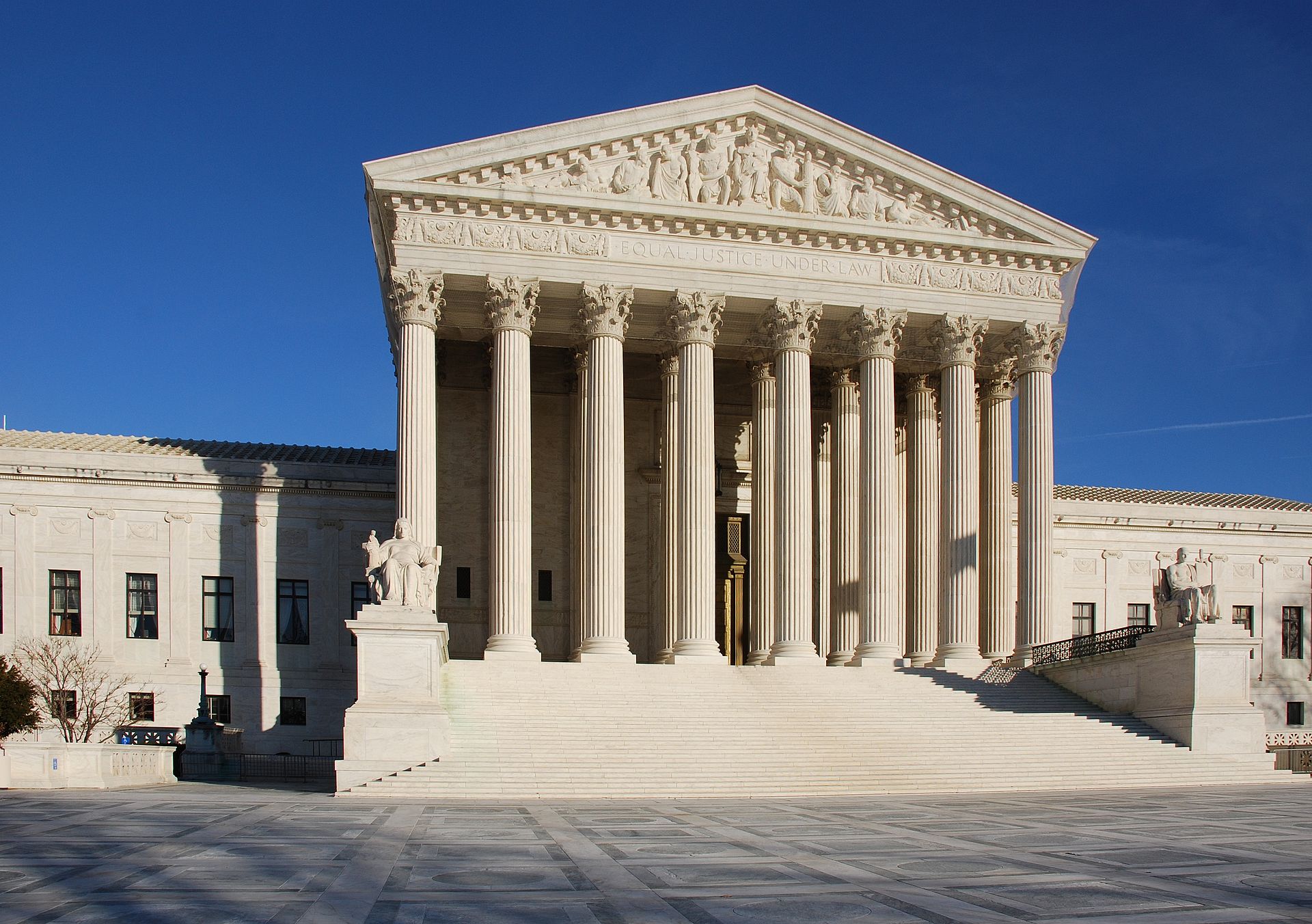On June 30, the U.S. Supreme Court ruled in a 5-4 opinion that the application of Article X, Section 6, of Montana's Constitution (Montana's Blaine Amendment) violated the free exercise clause of the U.S. Constitution. The majority held that the application of the state's Blaine Amendment was unconstitutional because it barred religious schools and parents who wished to send their children to those schools from receiving public benefits because of the religious character of the school.
Blaine Amendments refer to language in state constitutions that prohibit public funding for schools or educational institutions run by religious organizations. The language in each state constitution varies. Blaine Amendments are named after an amendment to the U.S. Constitution—sponsored by James Gillespie Blaine—that was proposed but never passed.
Thirty-seven states have Blaine Amendments in their constitutions as of 2020. Louisiana's Blaine Amendment was repealed by voters in 1974.
In 31 states, the existing versions of Blaine Amendments were included when the state's most recent constitution or constitutional revision was ratified by voters, which means voters did not vote specifically on the Blaine Amendment but rather considered an entirely new constitution or a larger set of revisions that contained the Blaine Amendment language. In six states, Blaine Amendments were added through specific constitutional amendments, at least three of which were referred to the ballot by constitutional revision commissions.
In Utah and South Carolina, the states' Blaine Amendments were amended to remove the prohibition against indirect public funding of religious schools, leaving a prohibition against direct public funding.



